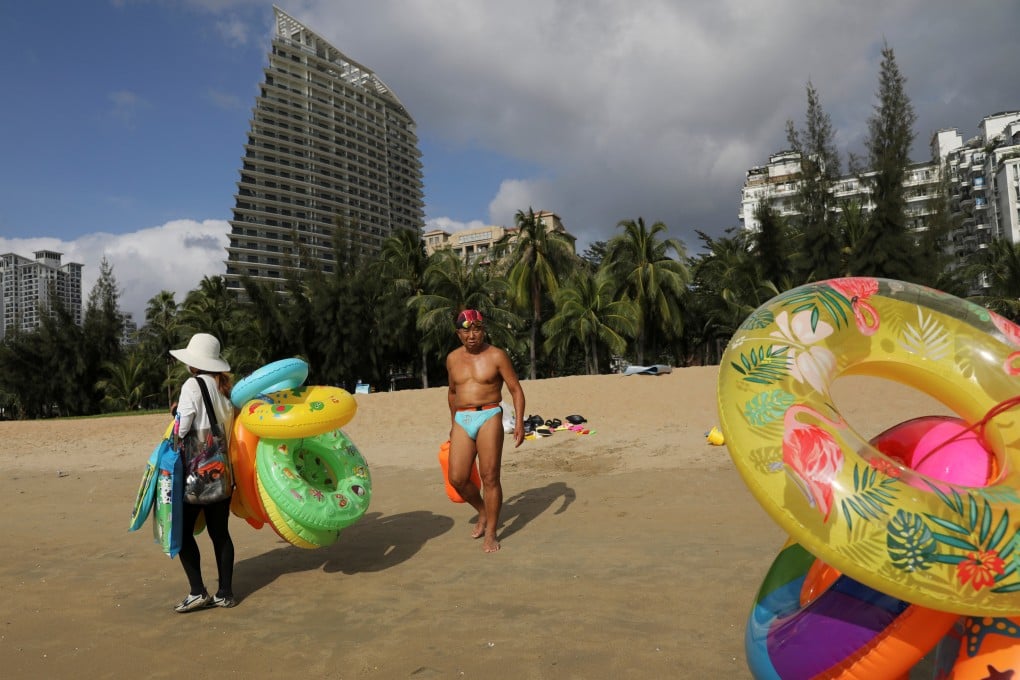China Briefing | Hainan, China’s Hawaii, faces an uphill struggle to catch Hong Kong, Singapore and Dubai
- Beijing hopes to turn the island, a tourist destination and duty-free shopping mecca, into the world’s largest free-trade port as part of its policy of opening up to foreign investment
- But the transformation is far from assured, not least because of its chequered past as a base for exiles and smugglers. It is not known for efficiency, clean governance or being business friendly. Nor for its nightlife

This month last year, Beijing released a three-phase master plan for the island, home to 9 million people. The first phase aims for the entire island to impose zero tariffs on imported goods and for one part of the province, Yangpu, to become a free-trade hub by 2025. The second phase, to be realised by 2035, would introduce low income tax and relaxed visa requirements for foreign businessmen and extend the free-trade status to the entire province. The third phase envisages Hainan becoming a global free-trade port by 2050.
To lure foreign businesses and their supply chains to the island, it will grant duty-free status on imported goods to be sold to the rest of China as long as 30 per cent of their value is added on the island and the “Hainan Origin Certificate” is obtained.
